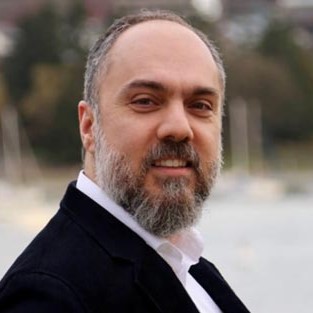May 29, 2024
4:00pm – 5:00pm PT
Summary
Are you creating or managing research data? This one-hour hands-on workshop (https://ubc-library-rc.github.io/rdm) will provide an overview of data management topics, including file organization, formatting, and naming, creating README files, basic data security and backups, and tools for collaborating with others in the lab. In the second half of the workshop, we will run through the components of a good Data Management Plan (DMP) and introduce the DMP Assistant – an online (and UBC-customized) Canadian software tool for crafting Data Management Plans for the TriAgencies and other funders, such as CFI or NIH.
Speaker
Eugene Barsky, Research Data Management Librarian, UBC Library

Eugene works with the UBC researchers curating and managing research data, from planning to deposit, to preservation. Eugene participates in building the Canadian Federated Research Data Repository service (FRDR) and collaborates with the Digital Research Alliance of Canada (the Alliance) and the European Union (OpenAIRE). He is the PI for the national Geodisy project funded by the Alliance. His recent peer recognition includes the Canadian Association of Research Libraries, American Society for Engineering Education, and Special Library Association awards. He published over 30 peer-reviewed papers and presented at more than 70 conferences. Eugene is an adjunct professor at the iSchool at UBC, teaching a graduate course about research data management, and is one of the founders of the Portage Network in Canada.


